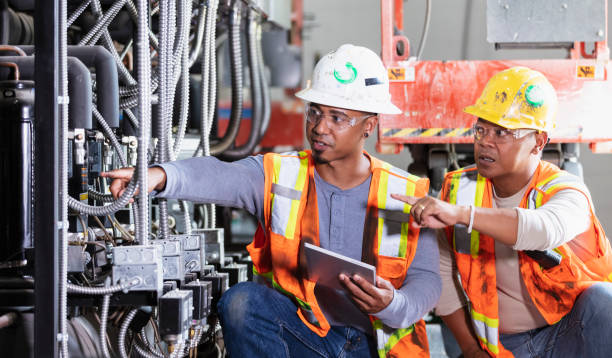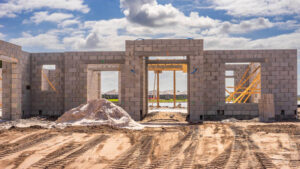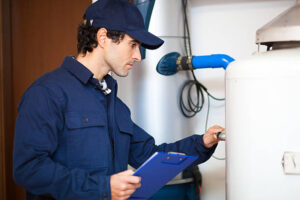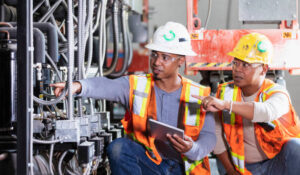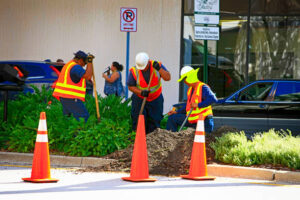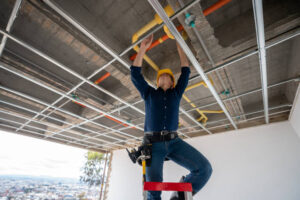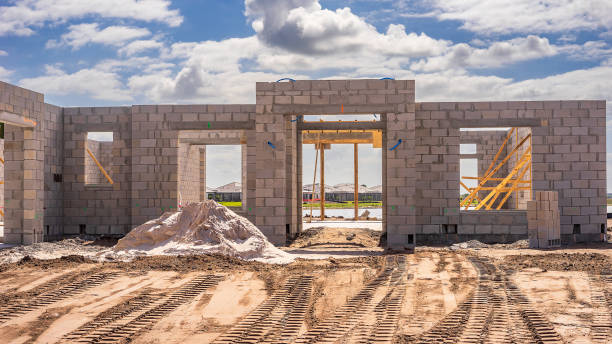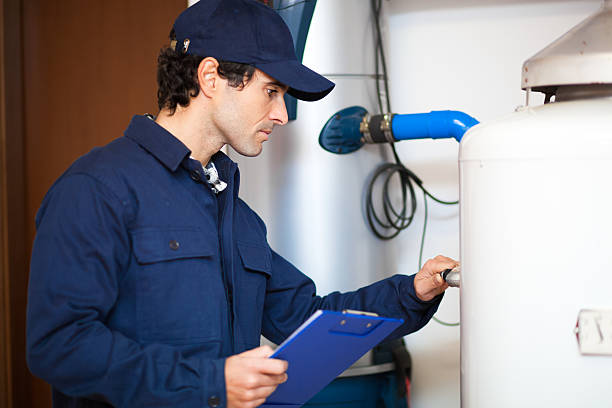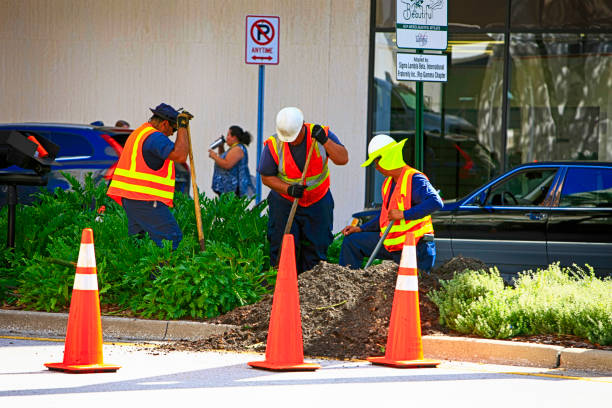Florida healthcare upgrades for 2025 have driven demand for medical gas installation services in FL that achieve NFPA 99 compliance. Installed medical gas systems must be correctly installed because mistakes can cause lives to be lost or result in inspections failing.
Leaks in oxygen lines, incorrect brazing, or non-compliant manifolds can upset processes and be very hazardous. They need to possess a Florida plumbing license and medical gas certification according to NFPA 99.
This guide assists facility managers and contractors in finding the correct team by including the most important certifications, questions to ask, and red flags to dodge.
Why Certification Matters in Florida
Florida law requires anyone working on medical gas systems to complete a Board-approved 32-hour course based on NFPA 99 and ASSE Series 6000 standards. Installers must also pass a brazing test under ASME IX and renew via continuing education every three years.
This is not discretionary paperwork. Medical gas certification in Florida regulations ensures patient safety, minimizes facility liability, and ensures your project passes inspections without unnecessary delays at a significant expense.
Uncertified installation usually results in inspection failures, rework charges, and possible legal consequences if there is an incident.
The certification addresses gas storage procedures, piping requirements, alarm systems, and emergency protocols. A certified Florida medical gas installer knows these standards backward and forward.
What NFPA 99 Requires
NFPA 99 doesn’t leave much room for guesswork. It breaks down exactly how medical gas systems should be built and managed—oxygen, vacuum, nitrous oxide, medical air, all of it.
Every piece matters. Cylinders need proper storage. Piping has to be labeled and ventilated a certain way. Use the wrong materials or skip a step, and you’re looking at code violations or worse.
Valves, pressure regulators, and alarm panels all have their place. Not roughly. Precisely.
Healthcare plumbing systems also need proper documentation throughout installation. Every joint, pressure test, and purge sequence must be recorded for inspection approval.
An NFPA 99 and ASSE 6000-trained licensed medical gas installer guarantees that standards are fulfilled with precision. They are aware of which materials will pass inspection, how lines should be purged correctly, and what records inspectors want to see.
What to Look for in a Medical Gas Plumbing Contractor
Start with these essential credentials:
- Valid Florida plumbing license (like CFC1432849)
- Proof of ASSE 6010 certification or higher
- Evidence of training on the current NFPA 99 edition
- Experience with medical gas installation services in FL
- Worker safety and liability insurance coverage
Have them answer these important questions during your screening process:
1. How long have you worked on healthcare plumbing systems?
Experience with medical facilities matters more than general plumbing work. Dental office gas plumbing and surgical suite installations have unique requirements.
2. Do you observe present NFPA 99 and ASSE 6000 conditions?
Codes change regularly. Ensure that they are operating under the most current standards.
3. Can you describe your purging and brazing process?
Effective technique maintains non-contamination and leak-free joints. They ought to refer to nitrogen purging and particular brazing alloys.
4. Are you licensed for both installation and validation?
Some contractors can install but not validate systems. You need an individual who can do the entire process.
Selecting a medical gas plumbing contractor with a license guarantees your build goes through inspections without a hitch and prevents costly rework.
Typical Medical Gas System Work
Medical vacuum and oxygen line installation covers several specialized work types:
Oxygen, medical air, nitrous oxide, and vacuum line installation using approved materials and fittings. Each gas type has specific pressure and purity requirements.
The manifold setup feeds gas into the system and connects to alarm panels that track pressure and signal when something’s off. They need to be calibrated, tested, and recorded.
Zone valves are set in distinct areas so staff can cut off gas during maintenance or in a crisis. Low-voltage wiring and safety switches layer in more control, but only if everything’s installed correctly.
Brazing has to be done under nitrogen. It’s not optional. That’s what keeps the joints clean and the lines free of contaminants before anything flows through them.
Pressure testing and compliance records that demonstrate the system conforms to NFPA 99 specifications.
Hospital gas line installation jobs usually involve various gases, intricate routing within existing buildings, and interfacing with other trades. The engineering specifications in NFPA 99 must be adhered to strictly, and systems require extensive testing prior to the start of healthcare operations.
Red Flags to Watch For
Several warning signs indicate you should look elsewhere:
Unclear or missing licensing credentials. Any legitimate contractor should readily provide license numbers and certification details.
No mention of NFPA 99 or ASSE certification. Medical gas work requires specialized training that general plumbers don’t have.
Claims of extremely low pricing or corner-cutting approaches. Quality medical gas installation services in FL require proper materials, procedures, and documentation. Rock-bottom pricing usually means shortcuts.
No documentation process or inspection records. Proper installations generate detailed paperwork that inspectors require.
Inability to explain safety protocols like purge air sequencing or brazing standards. These are basic requirements that any qualified installer should understand completely.
Lack of transparency around certification or inspection processes often means the job won’t pass code or may create safety hazards.
Get the Right Team for Your Medical Gas Installation
Medical gas systems call for more than ordinary plumbing; hire a certified medical gas installer in Florida for safety and compliance. Qualified professionals guarantee that your building meets all state and federal regulations, safeguarding patients and avoiding liability.
At Blessed Solutions US LLC, we specialize in dental office gas plumbing, surgical suites, and healthcare plumbing systems. Call us for expert service that gets it right every time!

